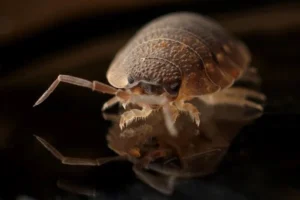Understand your cat: five kinds of cat characters.
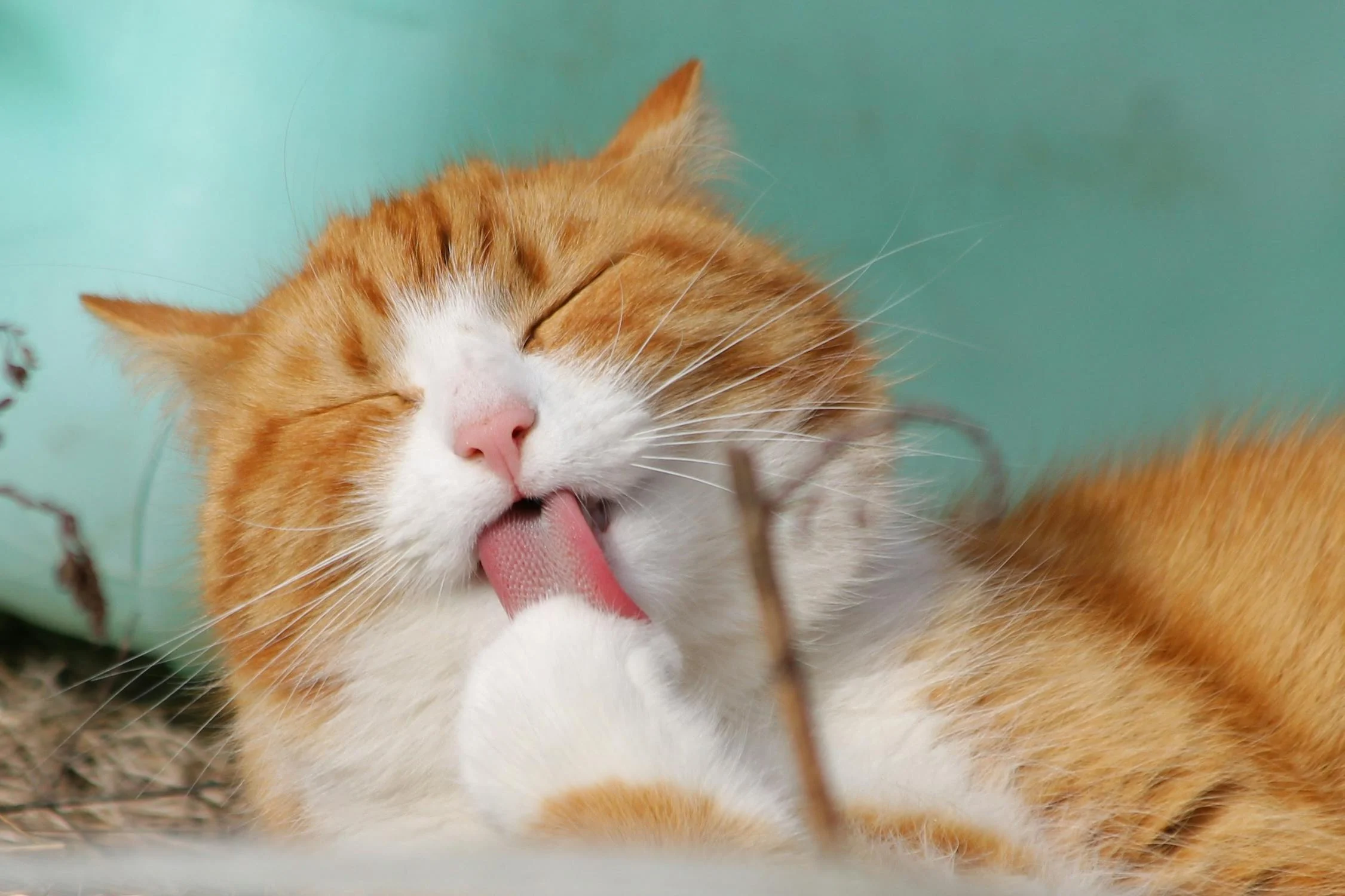
There are stereotypical images about cat personalities and dog personalities. While your dog may enthusiastically welcome you at the door as if you’ve been gone forever, wagging its tail with excitement, your cat may barely acknowledge your presence with a nod of its head, as if to say, “How are you?” and then continue its random wanderings. Cats have a reputation for being aloof, but not all cats fit this stereotype.
If you are a cat owner, you may have an idea of the kind of place your cat will settle in! Keep reading to learn everything about understanding your cat and the five types of cat personalities.
What have researchers discovered about cat personalities?
Researchers have discovered that cat personalities reflect human personality traits in many ways. As AnimalsNewsWorld, the site specializing in the animal world, our role is to assist cat owners in better understanding the personalities of their cats. By doing so, cat owners can provide the best home and experience for their pets. This can ultimately improve the quality of life for their cats.
What kind of five-cat characters?
Every cat underwent evaluation using a 52-question form. The findings revealed actions depending on five key criteria. Read the personality qualities and quickly evaluate your cat! Your cat may radiate several personality traits, but most likely one that is most common: extroverts; the nice one; impulsive; dominant; nervous.
The open cat is a term used to describe a cat that is friendly, sociable, and approachable. It refers to a cat that is open to interacting with humans and other animals, and is not shy or fearful. Open cats are often curious, playful, and enjoy being around people. They are more likely to approach strangers and engage in social interactions.
- What should you do if you have an extroverted cat?
If you have an open cat, it is important to ensure that it receives a significant amount of social interaction. It may not be difficult to provide a lot of love and attention to these attention-seeking cats. Researchers also recommend providing additional stimulation, such as toys and different experiences. They encourage owners to provide “extra stimulation and enrich the home environment to make it more complex to avoid boredom.”
If you are working from home, you can set a timer to take a break and spend a few minutes playing with your favorite cat. During each break, move to a different room in your house for variety. When you are away from home, make interactive toys available, with different toys in different rooms of the house. Make sure to switch up the toys and cat puzzles regularly. One tip is to create 4 shoebox bins of toys and rotate a new bin each week, adding new toys from time to time for variety. This should give your cat the happiest home possible!
The cute cat is a friendly and easy-to-handle cat. If your friends say, “Man, your cat is very calm!” then you know you have a cute cat. These cats go with the flow and don’t seem to mind sharing their “home” with other pets. They are described as “affectionate” and are often therapy cats.
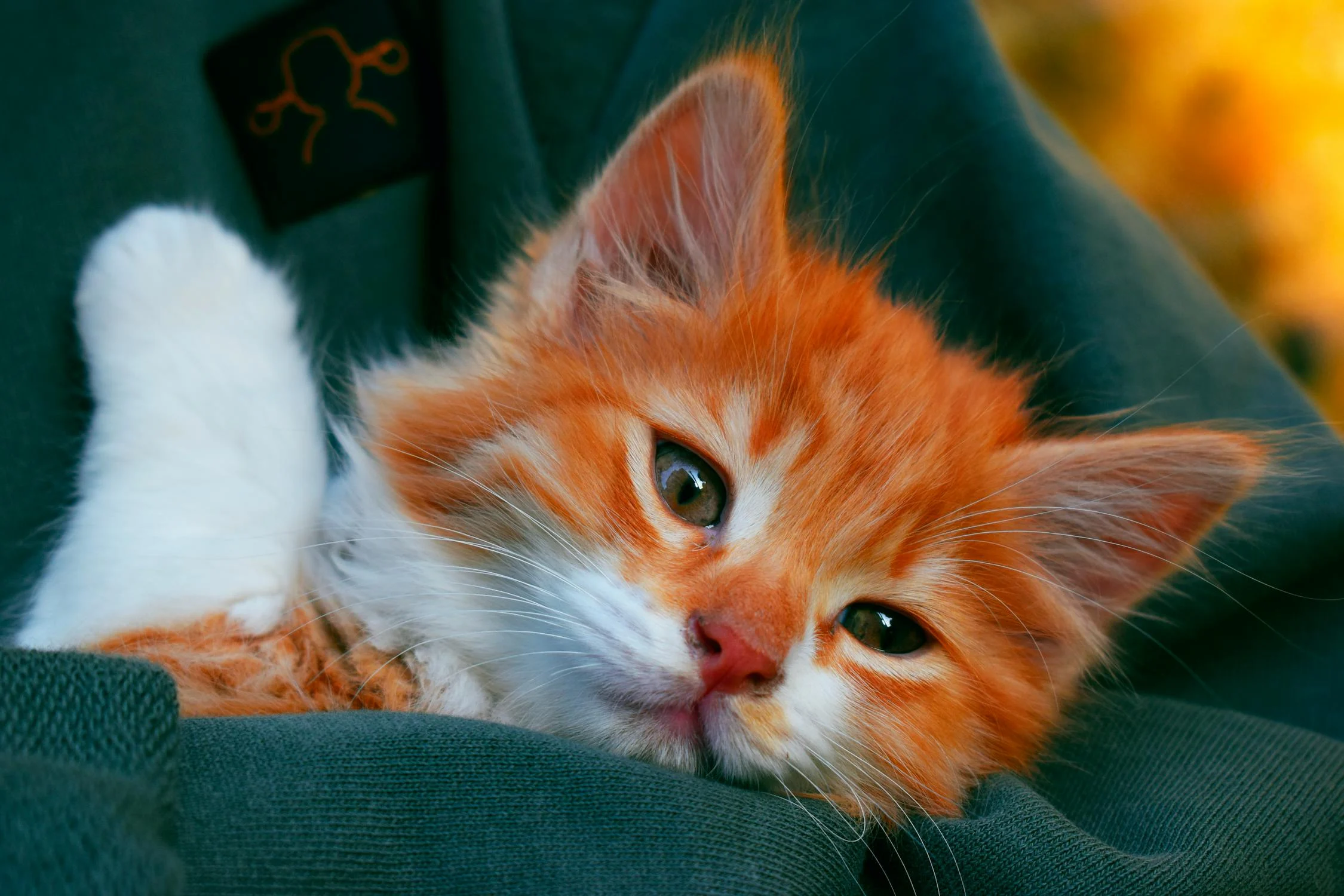
These are the cats that people look forward to coming home to and cuddling with for an evening of Netflix. Cats that live in shelters and have nice personalities are more likely to be adopted (logically). If visitors come, your cat may not immediately come out like open cats, but they usually come to investigate and offer “cuddles” and gentle leg rubbing. A welcoming greeting!
- What do you have to do if you have a cat with a nice personality?
Cute cats are usually happy and indicate that you are doing a great job taking care of your pet. Keep doing what you’re doing! With a cute cat, you want to know that they are still benefiting from different games and activities. So don’t keep everything the same. Regularly add new toys.
Cats need stimulating interactions to keep their minds active and maintain their health. So grab your phone and record your cat as she opens a new spinning toy box, and watch her reaction… It’s a lot of fun!
The description of an “impulsive” cat suggests that it is reckless and unpredictable. If you have a cat like this, you might think it’s good that cats have nine lives! While many cat owners have witnessed their cats in a state of frenzy and madness, the “impulsive” cat may exhibit episodes of extreme anger. If you see an “impulsive” cat playing, you may tremble at some of its acrobatic movements. You can be sure that it will fall the next time it tries to jump from the top of the refrigerator to your pantry.
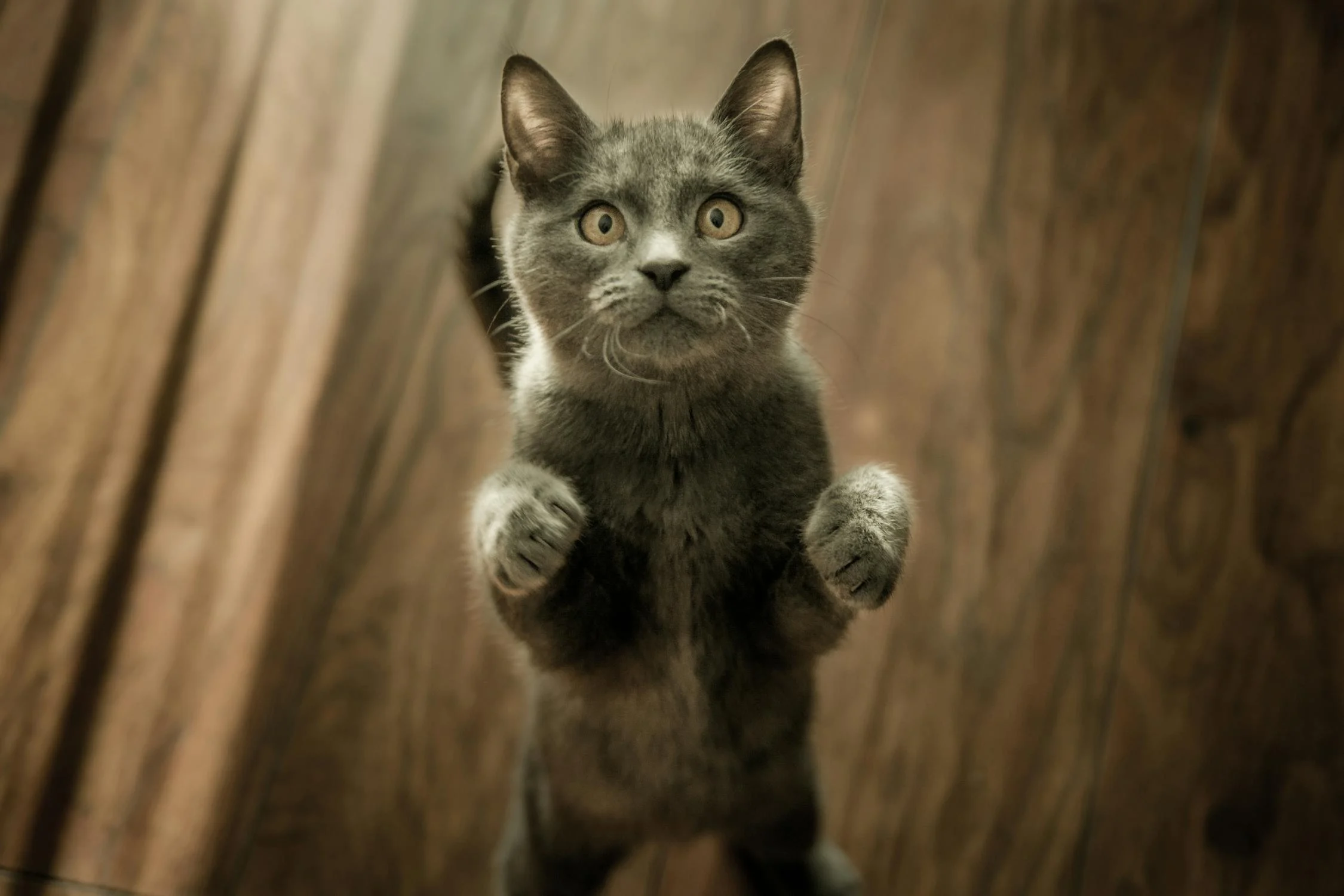
- What do you have to do if you have a cat with an impulsive personality?
If you have a reckless cat, you want to make sure she doesn’t act impulsively because she’s nervous. Nervous cats, who are being bullied by other cats or who don’t have enough room to play or locked in a closed place, can act impulsively.
If you think your cat’s so nervous, make sure you consult the vet. Your cat is most likely the type that is nature-driven if it has a lot of space and receives a lot of attention.
You might want to secure your house against cats for safety. Check out any dangerous situations your cat might be exposed to. It may also be safe to keep your impulsive cat inside the house or limit its time abroad to a fenced area for safety.
The dominant cat is the head of the household… including you (at least that’s what they believe!). If you have multiple cats, one of them may clearly demonstrate their dominance over the other cats. This may manifest in the form of a cat suddenly needing to eat as soon as another cat starts pushing them away from the food or a cat starting a fight with the other cats… “What are you looking at?!”… This behavior stems from the behaviors observed in wild cats that live in groups. Females usually work together to raise the young, but there is fierce competition among males, so dominance is a positive trait used in mating.
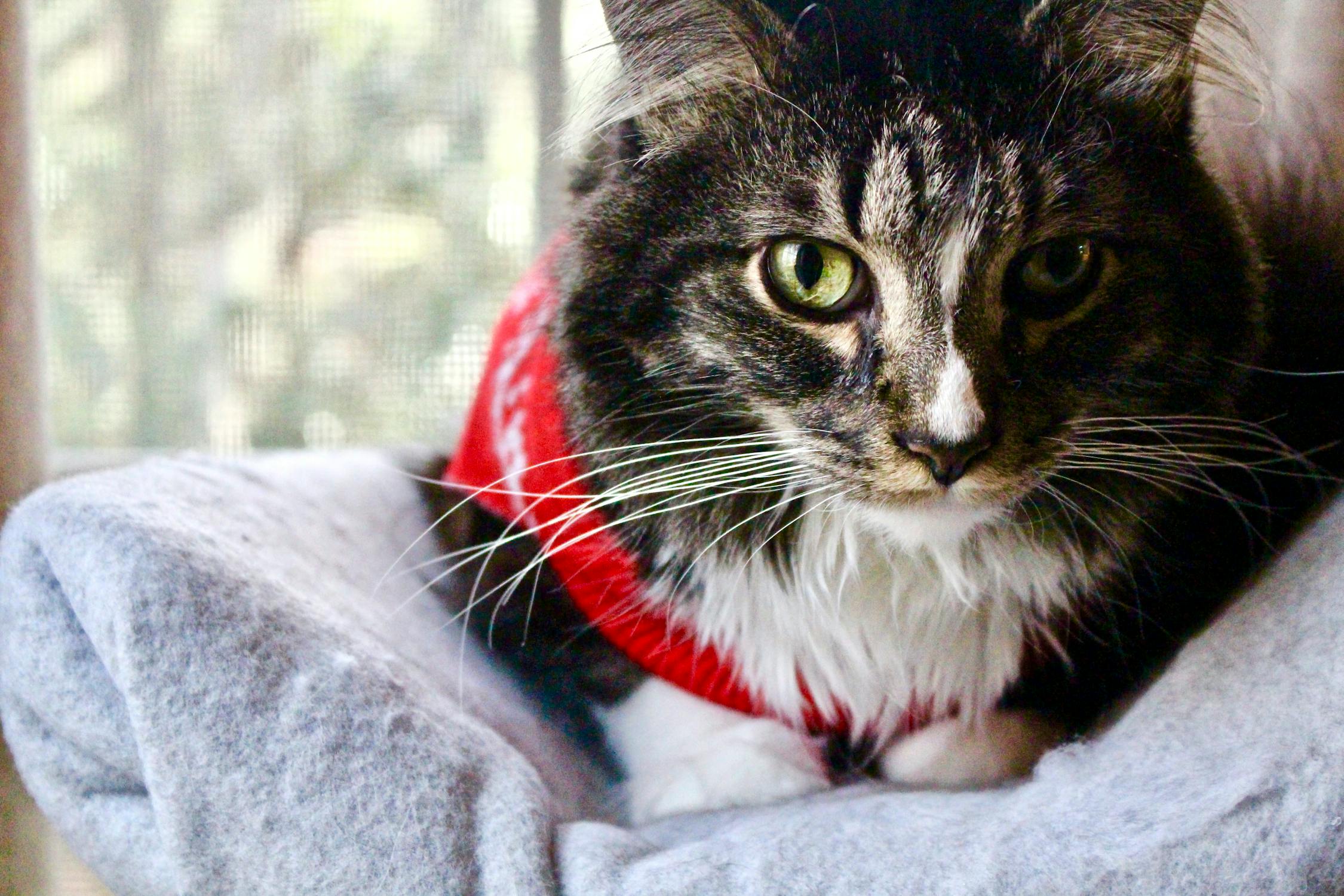
One application of this knowledge about personality types is that if you are considering raising more than one cat, make sure to consider the personality types of each cat so as not to create a situation where one or more of your cats are subjected to bullying.
- What do you have to do if you have a dominant cat?
If you have a dominant cat, you might want to decide to raise one cat at your house. In the Australian study, researchers concluded that more research was needed to help dominant cat owners specifically improve the welfare of their cats.
If you already have several cats and one of them is so controlling that it affects the welfare of your other cats, talk to your vet for suggestions to help keep the peace at home.
The nervous cat is the fifth and last cat. While many people may think their cats are nervous because they sleep in an Amazon box instead of the plush cat bed they bought for them for $50 or because they knock over your wine glass from the coffee table when they go to use the litter box, the actual nervousness in cats looks different.
On the spectrum of nervousness, you may have a shy cat or a constantly anxious cat. This is the cat that runs off and hides under the bed when visitors come, versus casually looking at the visitor and continuing to walk… “I see you, not interested.”
You may have a cat with a nervous personality that is healthy and well-adjusted, or the nervousness may be a sign that the cat is suffering from excessive stress.
- What do you have to do if you have a nervous cat?
If your cat is nervous, seek advice from your veterinarian. If you believe your cat is shy and suspicious, try to be aware of situations that cause more anxiety. For example, if you have guests coming over for a party, consider keeping your cat with a sitter.
A single-cat household may be the best option for nervous cats, or supervise interactions more closely in a multi-cat household. Give your cat alone time to relax on its own. Keep the games simple and quiet. There’s no need for flashy, loud toys for these cats. Create a loving and calm home, and your nervous cat will gradually become calmer.


